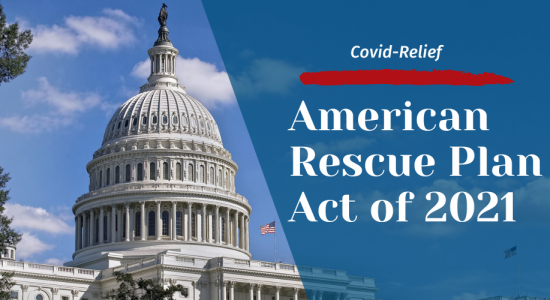
Impacts of the American Rescue Plan Act on the Vintage Community
What is ARPA?
ARPA was an economic stimulus bill signed into law by President Biden in March of 2021. It was implemented primarily to speed up the United States’ recovery from the impacts of COVID-19, but also contained changes to existing tax laws such as Form 1099-K reporting requirements.
What is a Form 1099-K?
IRS Form 1099-K reports income generated using third-party network transactions (paying with PayPal or Venmo goods and services) to the Internal Revenue Service and to merchants (Bidstitch sellers).
What Has ARPA Changed?
Prior to ARPA, Payment Settlement Entities, like Paypal or Venmo were required to send merchants and the IRS a Form 1099-K only if you had processed at least $20,000 worth of payments and at least 200 different transactions in the previous year. Now, beginning January 1, 2022, Paypal will be required to send merchants and the IRS a Form 1099-K if Paypal has processed transactions generating income for you amounting to $600 or more in the previous year. Yes. $600 OR MORE in a year.
How Does this Impact Me?
If you are already reporting your earnings to the IRS, this will not have much of an impact on your business, as the Form 1099-K merely verifies your reportable revenue for comparison with your filings. However, for anyone selling merely as a “hobby,” which is many vintage sellers and sellers on BIDSTITCH, this change will likely have a significant impact on you.

What Should I Do to Protect Myself?
It is a common misconception that you are not required to file taxes when selling online until you generate a certain amount of profit. If your primary purpose for engaging in any online or offline selling activity is for income or profit, you are likely to be considered a business by the IRS (and subject to reporting requirements). Other factors, such as how regularly you are involved in this selling activity, will also influence your likelihood to be considered a business. To avoid improper classification, it is recommended that you (1) keep accurate and complete accounts of your inventory and cost of goods sold, (2) research Form 1040 Schedule C requirements, and (3) reach out to a tax specialist to clarify any additional questions you may have.
Please feel free to let us know if you have any questions.
Thank you to John Bennett (IG:@johnnycollects) for writing this article and helping us process this information.
Thanks to IG: @mr.freshfits for giving us the heads up to speak about this.

Discussion
Be the first to leave a comment